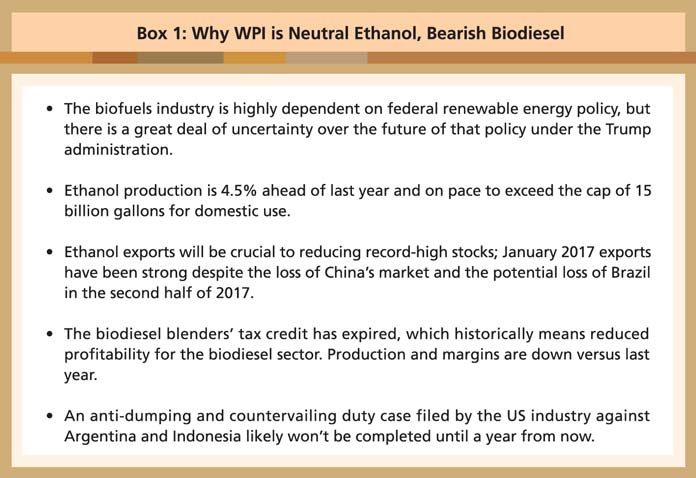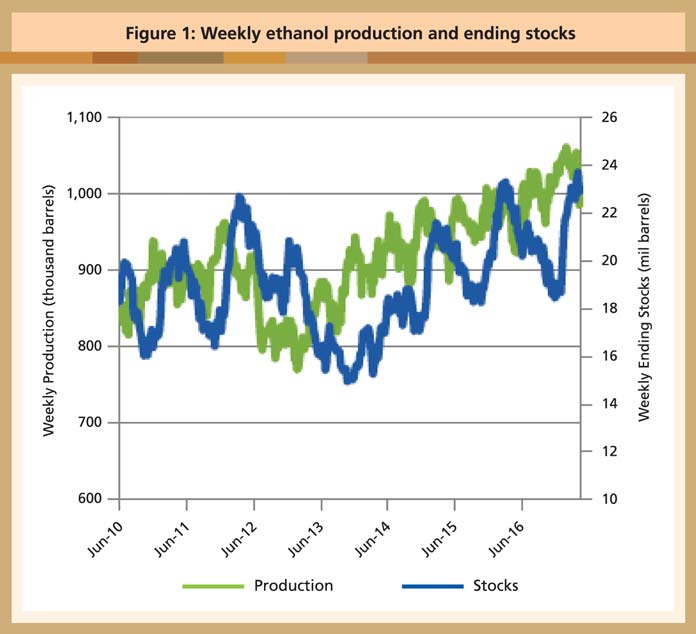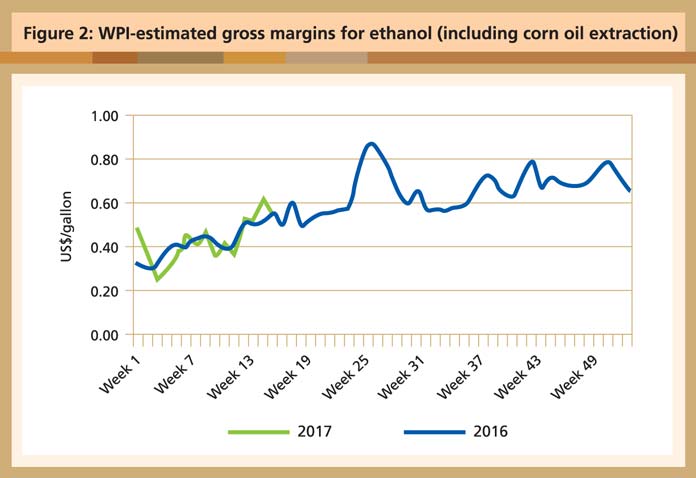



At the insistence of US President Donald Trump, climate change was not on the agenda when he met with Chinese Premier Xi Jinping in early April. This came after Trump signed an executive order on March 28, directing the EPA to roll back the Obama-era Clean Air Action Plan that called for a 26% reduction in US greenhouse gas (GHG) emissions from electric utilities by 2025.
That plan was used in 2014 by then-President Barak Obama to negotiate with Premier Xi to secure a commitment from China to ensure that country’s GHG emissions would peak no later than 2030. The 2015 Paris Climate Accord spurred both plans into action.
While neither regulatory blueprint was targeted at electricity generation and had nothing to do with renewable transportation fuel directly, Trump’s actions have confounded the US biofuels industry.

At the Nebraska Ethanol Board’s recent Issue Forum, Doug Durante, Executive Director of the Clean Fuels Development Coalition, said the Trump administration doesn’t “… feel it’s very important to reduce carbon. They are very sceptical about climate change. They are very clear about that.”
The administration’s stance makes it more difficult for the biofuel industry to push for expanded use based on environmental grounds, leaving the sector to come up with a new line of reasoning for expanding the required volumes for biofuels.
Furthermore, although Trump – both as candidate and president – has expressed his support for biofuels and the Renewable Fuel Standard (RFS), the sector is nervous about the administration’s true position. The nervousness is driven by the number of RFS critics who are now administration officials, including EPA Administrator Scott Pruitt, as well as key players in the agency and Department of Energy transition teams.

Source: EIA, WPI
Moreover, the president’s softening of many of his key campaign platform issues – ranging from a hard stance on China trade (including that country’s new import tariffs on ethanol and DDGS) to the harsh rhetoric about renegotiating NAFTA – is causing the sector to worry.
The timing of Trump’s actions is critical as the EPA approaches the deadline for releasing its proposed Required Volume Obligations (RVOs) of biofuels for CY 2018 and that of biodiesel for CY 2019. There is a good chance that the agency will intentionally drag its feet this year, however. A final decision from the DC Circuit Court of Appeals on whether the EPA retains its waiver authority to reduce ethanol RVOs isn’t expected until this summer.
The case stems from the proposed volumes issued for CY 2014. At that time, the EPA reduced the advanced and overall volume totals by waiving the applicable statutory volumes due to an “inadequate domestic supply”. However, it interpreted the phrase “inadequate domestic supply” as applicable to a shortage of motor fuels that could be blended and not to biofuels.
In short, the EPA argued that a general waiver can be granted by equating the market’s inability to consume with its inability to supply enough biofuels. This authority is not clearly delineated in the 2007 Energy Independence and Security Act (EISA) and was subject to a legal challenge from the biofuels industry. With the court decision pending, the EPA could be waiting to see what its options are, potentially delaying the 2018 volume proposal until this summer.

Source: USDA, WPI